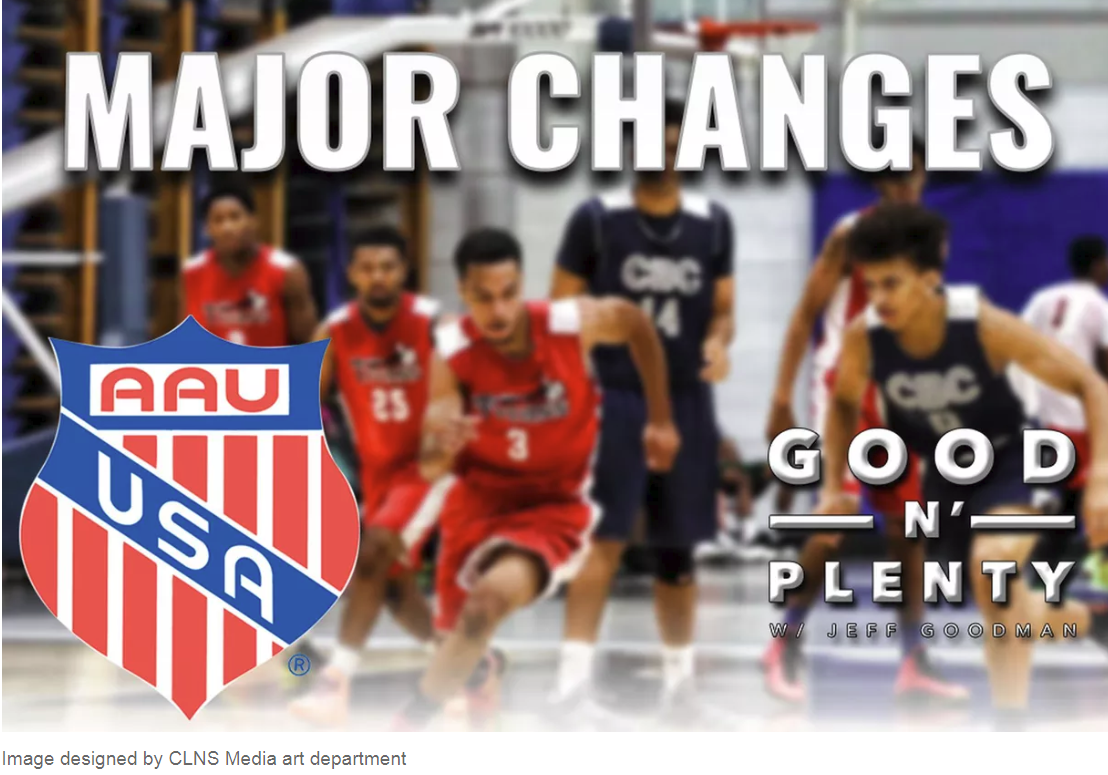I can see it so clearly in my mind’s eye, one of the players on the team with the HOT green uniforms is sitting at the end of the bench with his head hanging low and his back slouched. For some reason he isn’t in the game and has NO idea why. His parents told him on the drive down that he needed to produce when he got in the game and that the way to do that was to get a good look at the rim. They told him that there were going to be college coaches at this tournament and that this was his time to make a great appearance, that this was what he has been working toward his whole life. Obviously, based on his body language something hasn’t gone right. He hold his body as if to say, “I am a failure”, “I’ll never live up to my parents hopes for me”, “my coach doesn’t value me”, “I don’t know my role on this team” etc. This is a very, very common situation for middle school and high school athletes. Maybe I can shed some light on some things to think about that could help.

First of all, let’s start by acknowledging that adversity is a GOOD thing. Famous John Wooden said, “Adversity is the state in which man most easily becomes acquainted with himself, being especially free of admirers then.” Life is full of adversity and how we handle it is very important. As parents, we have the ability to help our children grow in the understanding of who they are and why they play the game, that’s right… GAME. Hoops is a game that somehow we have twisted into a way to pay for college. Secondly, remember, blame shifting is the most common response when we are struggling, so PARENTS – DON’T SHIFT THE BLAME. If you make comments like, “that ref…” or “your coach doesn’t…” then you are modeling blame shifting and not teaching your athlete how to deal with adversity. Recognizing failure is a good thing, we are all failures. Your athlete needs to know that you believe love him or her and that you expect great effort and great attitude, things that they can control.
We can’t control the refs call or a coach’s opinion; one of the most decorated athletes of all time spoke to this, “It isn’t the mountains ahead to climb that wear you out; it’s the pebble in your shoe.” – Muhammed Ali
Can you identify the mountains in your life, the things that are out of your control: whether or not you are short or tall, suffer from injuries, challenging circumstances, upbringing, your boss’ attitude, the referee? Can you name the “pebble” in your own shoe, the simple things that you DO have control over: what time you wake up, how hard you work, saying “thank you coach” for giving of your time to serve me, less ice cream, a bit less screen time?
Adversity is a fantastic place for growth to occur
– athletics do not build character, they reveal character.




